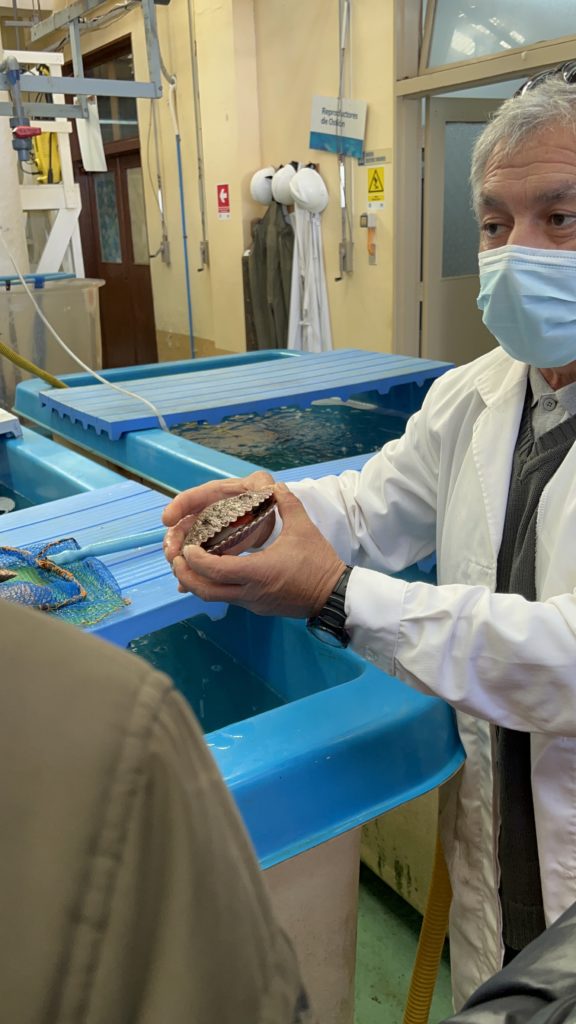This year (2022) has marked the 13th year in a row that adequate precipitation has failed to fall on Chilean soil—the country’s worst drought in about 60 years.
Chile is characterized by a Mediterranean climate, marked by a rainy winter season and a dry summer season. Rainfall occurs during few events each year, with the total rainfall varying from year to year. Since rainfall in the country is so variable, irrigation is essential to agricultural practices, and water storage is important to not only provide water to crops during the growing season, but also to provide water for human consumption.
Water conservation is especially important in highly-populated regions, such as the capital city of Santiago, where nearly 6 million people reside. In response to the drought, Chile announced a four-stage system that would utilize the restriction of water pressure and rationing. The first stage emphasizes water conservation and prioritizes the use of groundwater. The second and third stages entail a reduction in water pressure, and the final stage is characterized by actual water rationing. If the final stage were to be reached, the water cuts would only take place in one sector of the city at a time, for a maximum of 24 hours.1 The sector would then rotate, if rationing was still needed.
When I first arrived in Chile, I was encouraged by my host family to limit water usage. While walking through plazas throughout Santiago, I also noticed that many of the fountains did not have any water in them. It is possible that these fountains were inactive because of the drought, but it is also possible that they were inactive because it was winter.

On our excursion to La Serena, we visited la Universidad Católica del Norte, where we listened to a presentation regarding water conservation and how developing a better understanding of marine life and ecosystems could help slow the effects of the drought. As a complement to the presentation, we were able to tour the facilities used for aquatic research and the study of microorganisms. It was fascinating to learn about the importance of aquatic ecosystems, especially in relation to the current drought.
As the drought continues to impact the availability of water in Chile, it remains obvious that proposed solutions such as a rationing water can only help so much. Ultimately, combating the effects of the drought requires mitigating the effects of climate change, and caring for the health of aquatic ecosystems may prove to be helpful in the conservation of water.
Chao,
Aidan
- Partsch, Elizabeth. “Climate Chance Victim: Chile Faces Its Worst Drought in History.” Impakter, Apr. 2022, https://impakter.com/chile-12-year-drought-water-rationing/.